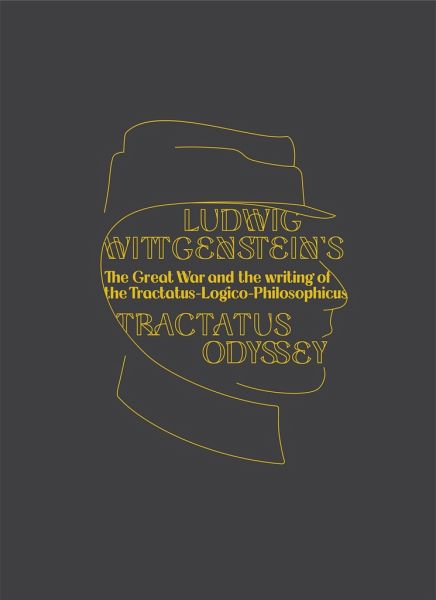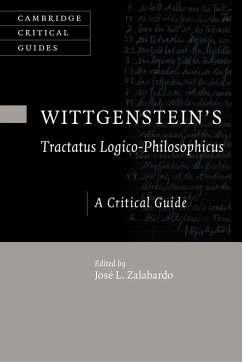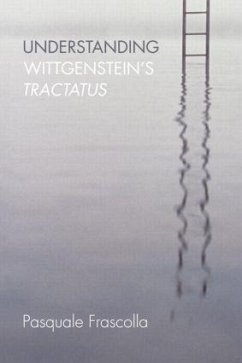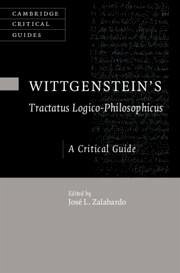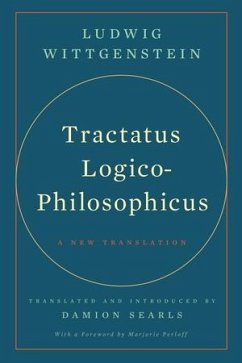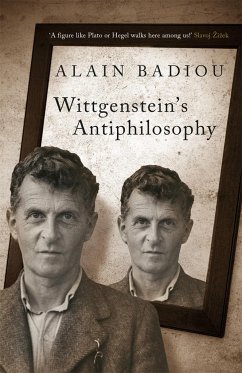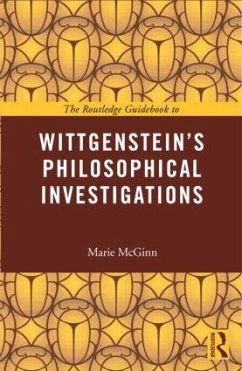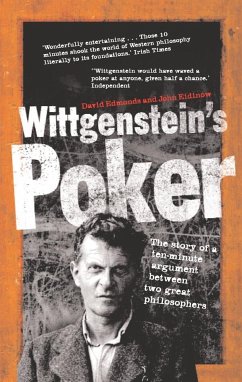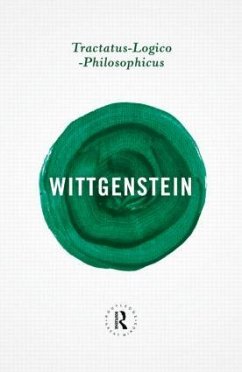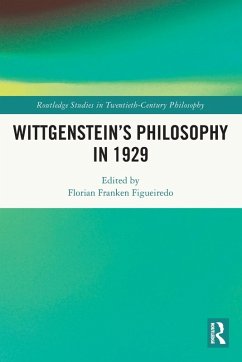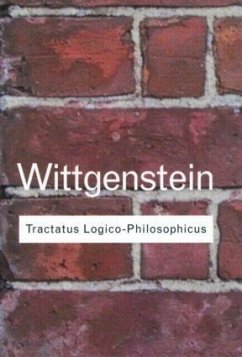Radmila Schweitzer studied musicology and philosophy at the universities of Prague and Copenhagen, receiving her Master’s Degree with Summa cum Laude in 1994. After years in classical music management in Vienna and Munich, in 2014 she founded the Wittgenstein Initiative in Vienna, together with descendants of the Wittgenstein family and some of the foremost Wittgenstein scholars worldwide. The Initiative is an international forum and aims to “bring back” Wittgenstein to his native city and to open his legacy to a wide audience, beyond philosophy — in literature, arts, and music. In 2018, she edited, together with Brian McGuinness, Wittgenstein’s correspondence with his siblings (Haymon Innsbruck 2018, Bloomsbury UK 2019, and Flammarion Paris 2021). The exhibition The Tractatus Odyssey and its catalog (Vienna 2018) are traveling to Warsaw, Rome, Moscow, Paris, Oslo, and others, and are at the basis of the present volume. Prof. Dr. Allan Janik (b. 1941, Chicopee. MA) has degrees from Villanova University and Brandeis University, and taught philosophy at Innsbruck University until 2006, remaining a research fellow of the Brenner Archives there until 2013. Janik is adjunct professor of philosophy at the University of Vienna. Visiting professorships include those at Stockholm's Royal Institute of Technology; UNAM, Mexico City; Innsbruck; Northwestern; Stockholm School of Economics; Swedish Center for Working Life; University of Paris; and at Graz and Bergen. His books in English include Assembling Reminders: Studies in the Genesis of Wittgenstein’s Conception of Philosophy; Theater and Knowledge; The Use and Abuse of Metaphor; Style, Politics and the Future of Philosophy; and Wittgenstein’s Vienna, also including a guide to the Austrian capital Wittgenstein in Vienna (with Hans Veigl). Prof. Dr. Marjorie Perloff (b. 1931, Vienna, Austria), professor emerita at Stanford University and the University of Southern California, is the author of many books since the mid-1970s (and hundreds of articles) on 20th and 21st century Poetry and Poetics. With her publications translated into many languages, her most recent books include Poetics in a New Key (2014), Edge of Irony: Modernism in the Shadow of the Habsburg Empire (2016), which enlarges on the theme of her 2004 memoir The Vienna Paradox, and forthcoming, a two-volume collection of her book reviews from 1969 to the present, Circling the Canon. She was 2006 President of the MLA and is a member of the American Academy of Arts and Sciences and the Philosophical Society of America. In 2016 she was the first Wittgenstein Guest Professor at Innsbruck University in Austria, where she also received an honorary degree. Prof. Ray Monk (b. 1957) is a British philosopher and Professor Emeritus of Philosophy at the University of Southampton, where he taught from 1992 to 2018. He won the John Llewellyn Rhys Prize and the 1991 Duff Cooper Prize for Ludwig Wittgenstein: The Duty of Genius. Monk is also author of Bertrand Russell: The Spirit of Solitude & The Ghost of Madness. His interests lie in the philosophy of mathematics, the history of analytic philosophy, and philosophical aspects of biographical writing. His biography of J. Robert Oppenheimer was published in 2012. Dr. Knut Olav Åmås (b. 1968), is the executive director of the Norwegian Fritt Ord Foundation. He has served as deputy minister in the Norwegian Ministry for Culture, and as ‘Culture- Opinions-Science’ editor at the daily newspaper Aftenposten. He holds a cand. philol. degree in philosophy and a dr. philos. degree in media studies. He has edited, translated or authored 20 books, e.g. on Wittgenstein´s thinking and a guide to Vienna, and has received several prizes for his journalism and publishing. He has served as chairman of the Norwegian government ´s media commission, presently he is the chairman of the board of the Norwegian National Encyclopaedia, chairman of the Norwegian Soloists Choir, and a board member at the international Holberg Prize. Dr. Urszula Idziak-Smoczynska (b. 1980) is currently assistant professor in the Institute for the Study of Religions at the Philosophical Department of Jagiellonian University (Kraków). Her main area of interest embraces the dialogue between religion and 20th century and contemporary philosophy (Wittgenstein, Derrida, Nancy, Latour, Agamben…). She is currently working on a book about the notion of the parable in contemporary philosophy and is planning to develop her study of Wittgenstein’s stay in the Polish Galicia. Dr. Martin Pilch (b. 1963) studied theoretical physics and philosophy in Graz and Vienna (quantum field theory /lattice gauge theory, and the natural philosophy of Schelling and Hegel) and jurisprudence / legal history. Since 2003 he has been deputy head of the department for technical-economic research in the Austrian Federal Ministry for Digitalization and Economic Location; responsible for the Christian Doppler Research Laboratories. He works on the early texts of Ludwig Wittgenstein; most recently, publication of a new transcription of MS 104 and TS 202 (Prototractatus Tools at www.wittgensteinsource.org 2016). His two books are System of Transcendental Etatism. Staat und Verfassung bei Carl Schmitt (1994) and Der Rahmen der Rechtsgewohnheiten. Kritik des Normensystemdenkens entwickelt am Rechtsbegriff der mittelalterlichen Rechtsgeschichte (2009). Dr. Ian Ground has taught philosophy in a range of roles, including senior lecturer in philosophy, at the universities of Newcastle, Sunderland, Durham and Edinburgh. A specialist in making philosophical ideas accessible to the wider public, and in enabling people to think critically about current ideas and trends, he has been an innovator in the sectors of adult education and lifelong learning. Ground has won awards for Teaching Innovation and the UK's National Award in Lifelong Learning. He has published in the philosophy of mind, especially our understanding of animal minds, in the philosophy of art, and on the thought and life of the philosopher Ludwig Wittgenstein. His books include Art or Bunk?, Can We Understand Animal Minds?, and Portraits of Wittgenstein, a comprehensive collection of memoirs. He is currently Visiting Research Fellow in Philosophy at the University of Hertfordshire and Vice-President of the British Wittgenstein Society. Xenia Baumann and two 2018 senior philosophy classes at High School Kundmanngasse in Vienna's 3rd district, in the same schoolhouse where Ludwig Wittgenstein attended a teachers' training institute from September 1919 to June 1920. The classes explored both the history of their schoolhouse and its relation to one of the most important philosophers of the 20th century. The article was translated into English by two spring 2020 senior classes. Dr. phil. Alfred Schmidt (b.1959, Linz, Austria) studied philosophy, psychology, and art history in Vienna, receiving his doctorate with a thesis on Edmund Husserl. He is a research assistant to the Director General at the Austrian National Library and has been working on Ludwig Wittgenstein's philosophy for many years, in particular on the part of his Nachlass held at the Austrian National Library. He is a regular guest and lecturer at the Wittgenstein Symposium in Kirchberg am Wechsel, helping to create the 2016 Edition of the Tractatus Publication Materials on the online portal Wittgenstein Source (http://wittgensteinsource.org), supervised by Alois Pichler. In 2018, he designed the Wittgenstein part of the exhibition Berg, Wittgenstein Zuckerkandl. Central Figures of Viennese Modernism at the Literature Museum of the Austrian National Library.
